- By: Chelsey Berendse
- June 4, 2021

8 Essential Tips for Aspiring Herbalists: A Guide to Success
Embarking on a journey as an herbalist is a rewarding and fulfilling path, but it comes with its own set

Latest News
June is National Indigenous History Month; a month to celebrate Indigenous peoples contributions, celebrations and rich culture and traditions. Turtle Island was home to many people for well over 10,000 years before settlers arrived in what we now call Canada. Many strong nations with rich spiritual traditions evolved with this land, the plants and animals, with intelligent systems for land management, food gathering, and so much more.
June is not only a time for celebration though, it is also an opportunity for non-Indigenous Canadians to learn and reflect on the colonial history of Canada and the ongoing challenges for Indigenous communities. In light of the recent discovery of the remains of 215 lost loved children on the site of the Kamloops Indian Residential School, this is more important than ever. This news is a heartbreaking and appalling reminder of what Canada was built on.
Fellow Non-Indigenous Canadians, we have the responsibility to educate ourselves and take action. We can always learn more and do more. In the world of plants and herbalism, our ancestors had many commonalities regarding our relationships with plants as food and medicine. And yet colonialism has affected us all–many who have lost touch with their traditions as the culture of their ancestors has been assimilated into dominant society are being called to re-connect with a traditional plant knowledge that may be long lost.
And yet there is a danger of appropriating cultural knowledge from our Indigenous sisters and brothers who were prohibited to speak their language, practice ceremony, engage in traditional food harvesting, hunting traditions, medicine gathering and so much more. It’s important to be respectful of the fact that there is a reason why much of that knowledge is being closely guarded and fiercely protected–so much was forcibly taken and lost. It is important to understand this context, both as herbalists and people of Canada.
As an act of reconciliation, we encourage you to educate yourself on the relationship between the formation of Canada and our First Peoples if you have not already done so. Investigate what was happening at Residential School sites during your lifetime. It’s important we understand this legacy, which lives on in families and communities today. This is not ancient history.
In effort to promote this essential learning, we wanted to share a variety of resources that centre Indigenous voices. Below you will find videos, podcasts, articles, reports and books all related to the history of Indigenous people in Canada and the Residential School System. This is by no means an exhaustive list, and we welcome suggestions for additional resources.
Articles, Reports and Resources
Interactive map to discover where the closest Residential Schools were located in your community.
Overview of the Indian Residential School System
Indigenous Children and the Child Welfare System in Canada
Calls to Action Accountability: A 2020 Status Update on Reconciliation
The National Centre for Truth and Reconciliation Reports
The Truth and Reconciliation Commission’s Calls to Action
TEDx Talk University of Toronto. “It’s Time We Reimagine Canada’s “Nice” Identity by Aanishnabe writer, researcher and public speaker Riley Yesno
The Final Report of the National Inquiry into Missing and Murdered Indigenous Women and Girls
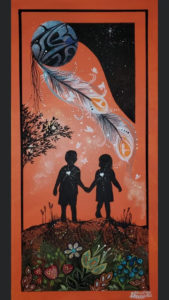
Stories from Survivors
Residential School Survivors’ Stories
Survivors Speak – A Report of the Truth and Reconciliation Commission of Canada
Artist: Karen Erickson, Métis (Prince George, BC). “Every Child Matters”.
21 Things You Didn’t Know About the Indian Act
Books
Indian Horse – Richard Wagamese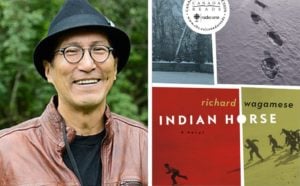
Orange Shirt Day – Pyllis Webstad
Shi-shi-etko and Shin-chi’s Canoe – Nicola Campbell
Seven Fallen Feather – Tanya Talaga
Dear Canada, These Are My Words: The Residential School Diary of Violet Pesheens- Ruby Slipperjack
In Search of April Raintree – Beatrice Mosionier
The Train – Jodie Callaghan
My Name is Seepeetza – Shirley Sterling
Fatty Legs – Christy Jordan Fenton & Mararet Pokiak-Fento
I Am Not a Number – Jenny Kay Dupuis
When We Were Alone – David A. Robertson & Julie Flett
The Break – Katherena Vermette
Porcupines and China Dolls – Robert Arthur Alexie
The Marrow Thieves – Cherie Dimaline
When I Was Eight – Christy Jordan Fenton
Not My Girl – Christy Jordan Fenton
Stolen Words – Melanie Florence
Phyllis’s Orange Shirt – Phyllis Webstad
We Feel Good Out Here – Julie-Anne Andre & Mindy Willett
The Land Is Our Storybook – Julie-Anne Andre & Mindy Willett
When We Play Our Drums, They Sing!/Lucy & Lola – Richard Van Camp & Monique Gray Smith
As Long as the Rivers Flow – Larr Loyie
Five Little Indians – Michelle Good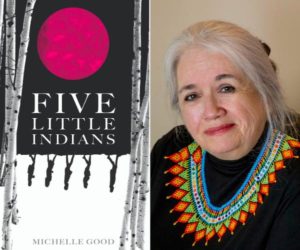
One Story, One Song – Richard Wagamese
The Red Files – Lisa Bird-Wilson
Speaking Our Truth – Monique Gray Smith
They Called Me Number One – Bev Sellers
I Lost My Talk – Rita Joe
Moon of the Crusted Snow – Waub Rice
I’m Finding my Talk – Rebecca Thomas
7 Generations: A Plains Cree Saga – David A. Robertson
Betty: The Helen Betty Osborne Story – David A. Robertson
Amik Loves School – Katherena Vermette
I Can Make This Promise – Christine Da
Up Ghost River – Edumund Metatawabin
The Education of Augie Merasty: A Residential School Memoir by Augie Merasty
Sugar Falls: A Residential School Story – David A. Robertson
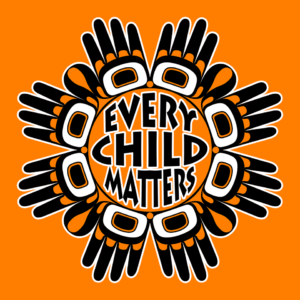 Take Action
Take Action
Donate to the Indian Residential School Survivors Society
Settlers Take Action – for a list of actions you can take, including talking to your MP
List of organizations that support and lead reconciliation efforts in Canada
This Change.org petition calls on Prime Minster Justin Trudeau to designate a National Day of Mourning for all the lost children of residential schools and the 215 lost loved ones found by the Tk’emlúps te Secwépemc community at the Kamloops Indian Residential School, and also calls on Minister Marc Miller and Minister Carolyn Bennett to support the community in their healing, and care for the lost children of this genocide.
To all of our Wild Rose Indigenous community and beyond: we express our heartfelt sorrow, not only for the children found and still missing, but to all of you and your communities, ancestors and children who have been and continue to be affected by the violence perpetuated and harm done.
Settler folks: we thank you for taking the time to approach learning with an open mind and heart, and your commitment to understanding both the history as well as present day impact for those forced to attend residential schools. This impact is still felt and experienced by families all throughout this country, in every community, and this damaging facet of colonialism still lives on in many present day systems.
We encourage everyone to explore the many opportunities to participate in the rich variety of community activities throughout the month of June celebrating and honouring the strength, resilience, beauty and richness of the tapestry of First Nations here in Canada–originally, and forever known as Turtle Island.
Banner Image Artist: Christi Belcourt, Michif (Métis). Title: “Wisdom of the Universe”. Author of “Medicines to Help Us: Traditional Métis Plant Use”.

Embarking on a journey as an herbalist is a rewarding and fulfilling path, but it comes with its own set

Unlocking Vitality: A Holistic Approach to a Spring Cleanse – is your guide to a holistic spring cleansing, inspired by
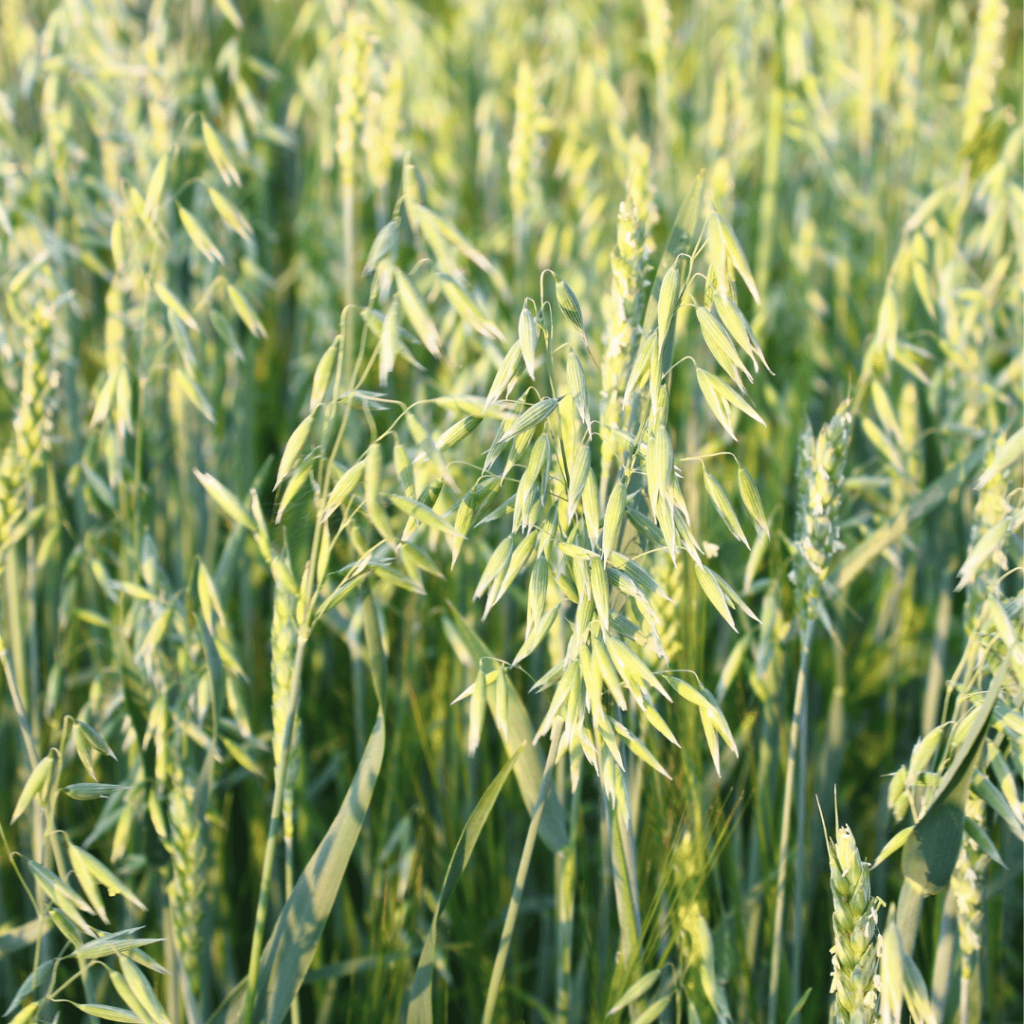
Milky Oats: The Best Herb for Self Care In our fast-paced world, self-care is essential for maintaining balance, resilience, and